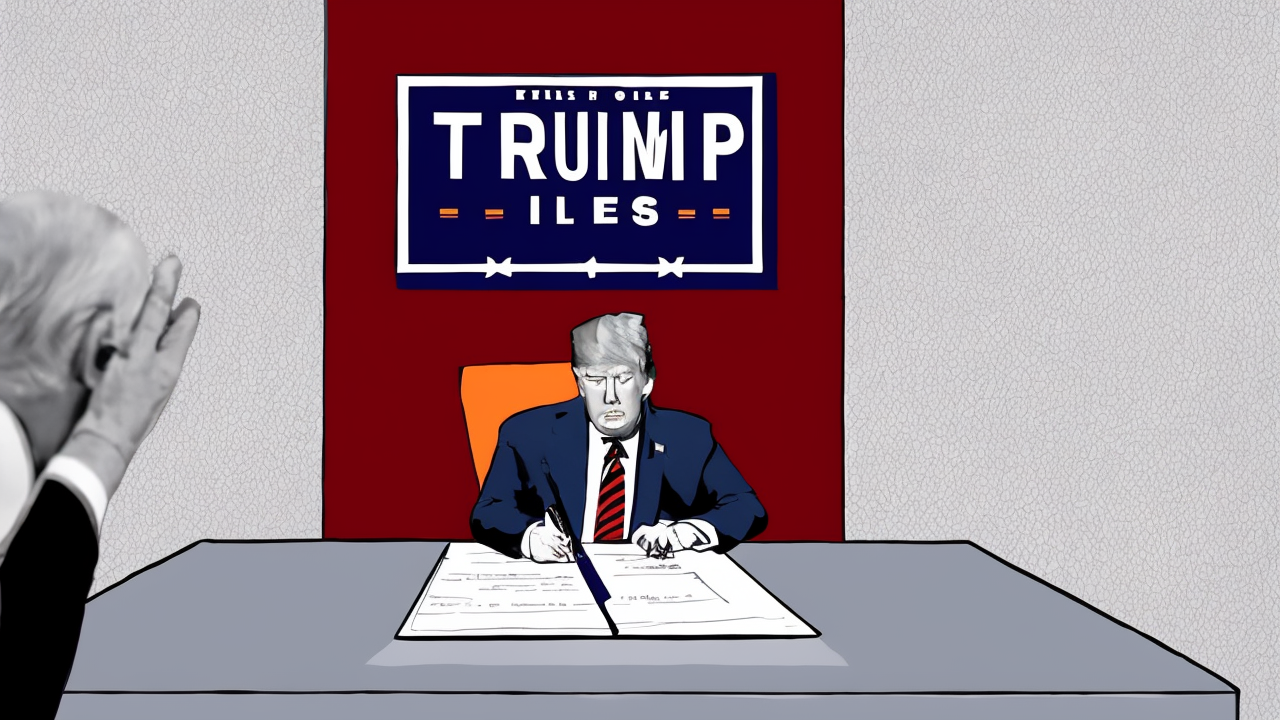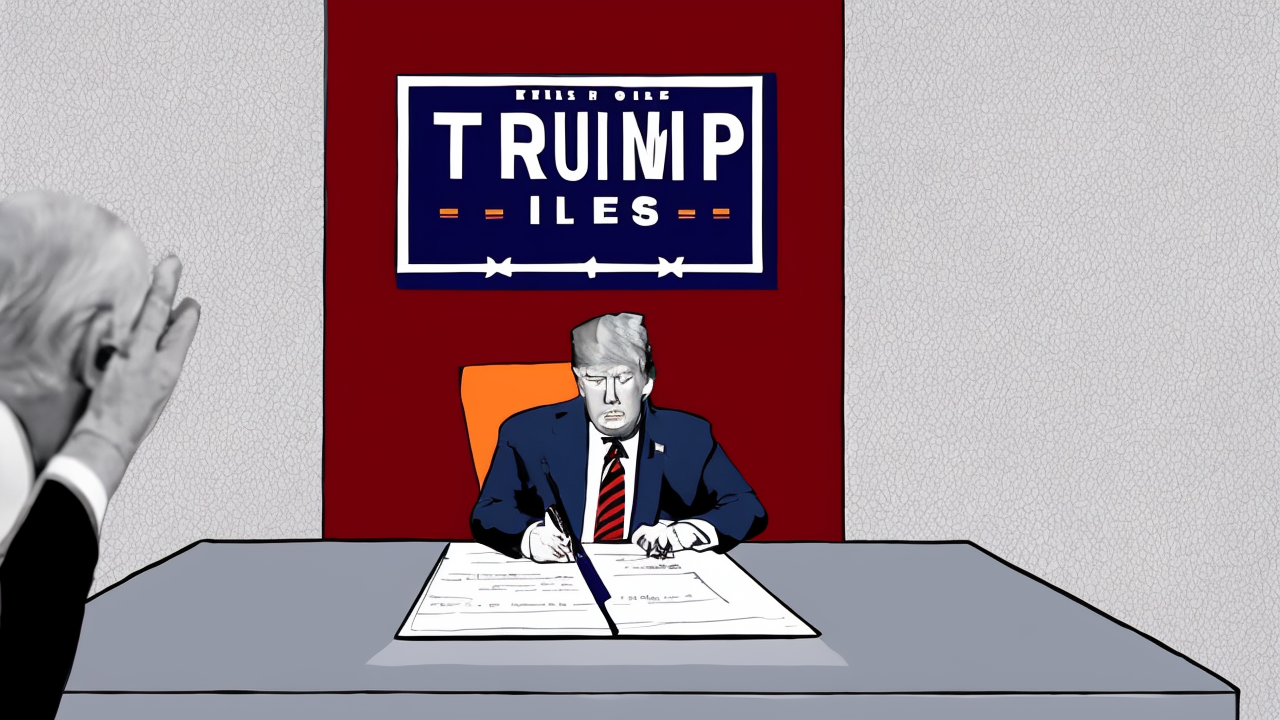The Epstein Files Act: A Step Toward Truth and Accountability

President Donald Trump signed the Epstein Files Transparency Act into law, requiring the Department of Justice to release unclassified records tied to Jeffrey Epstein’s investigations. These documents include flight logs, communications, and connections to high-profile individuals. The law, passed with overwhelming bipartisan support—427-1 in the House and unanimous in the Senate—demands the materials be made available in a searchable and downloadable format within thirty days.
The act does not seek to stir up political chaos. It aims to restore public confidence in government by ensuring that information long withheld is finally accessible. Attorney General Pam Bondi has affirmed the DOJ’s commitment to compliance while emphasizing the need to protect the identities and privacy of Epstein’s victims. This balance between transparency and compassion reflects a responsible approach to justice.
Jeffrey Epstein, a man whose political affiliations leaned heavily toward Democrats, donated extensively to Democratic causes and cultivated relationships with prominent figures across government and finance. His ability to operate for years under the radar raises serious questions about accountability and oversight. While Epstein was a lifelong Democrat, his network included individuals from both parties. The real issue is not political alignment but the failure of institutions to act when red flags were raised.
For too long, calls for transparency were dismissed or politicized. Critics claimed the release of these files would fuel conspiracy theories. But the truth is, conspiracy theories thrive in the absence of facts. When the public is kept in the dark, speculation takes root. The Epstein Files Act corrects that imbalance by placing the burden of proof back where it belongs—on the government to explain its actions.
The law is not about targeting individuals or advancing a partisan agenda. It is about upholding the principle that no one, regardless of status, should be above scrutiny. The American people deserve to know how a predator like Epstein was allowed to move freely through elite circles without serious consequences. They deserve to understand whether justice was truly served—or obstructed.
This moment also highlights a deeper cultural shift. For decades, a culture of immunity has protected powerful figures from consequences, especially when they align with dominant political ideologies. When institutions fail to act, it sends a message: power protects power. That message is corrosive to democracy. It undermines trust, erodes virtue, and weakens the rule of law.
The release of these files is not about revenge. It is about healing. It is about restoring the public’s faith in institutions that are meant to serve the people, not shield the privileged. It is about affirming that integrity matters more than influence.
As the DOJ prepares to fulfill its obligations, Americans should approach the findings with both vigilance and hope. The truth may be uncomfortable. It may reveal uncomfortable connections. But silence has been far more damaging. Openness, even when difficult, is the foundation of a free and honest society.
The Epstein Files Act is not a political stunt. It is a step toward a more honest and accountable America. It reflects a national desire to move beyond division and toward justice. And in doing so, it reminds us that moral responsibility is not a partisan issue—it is a shared duty.
Epstein Files Transparency Act
Published: 11/20/2025








